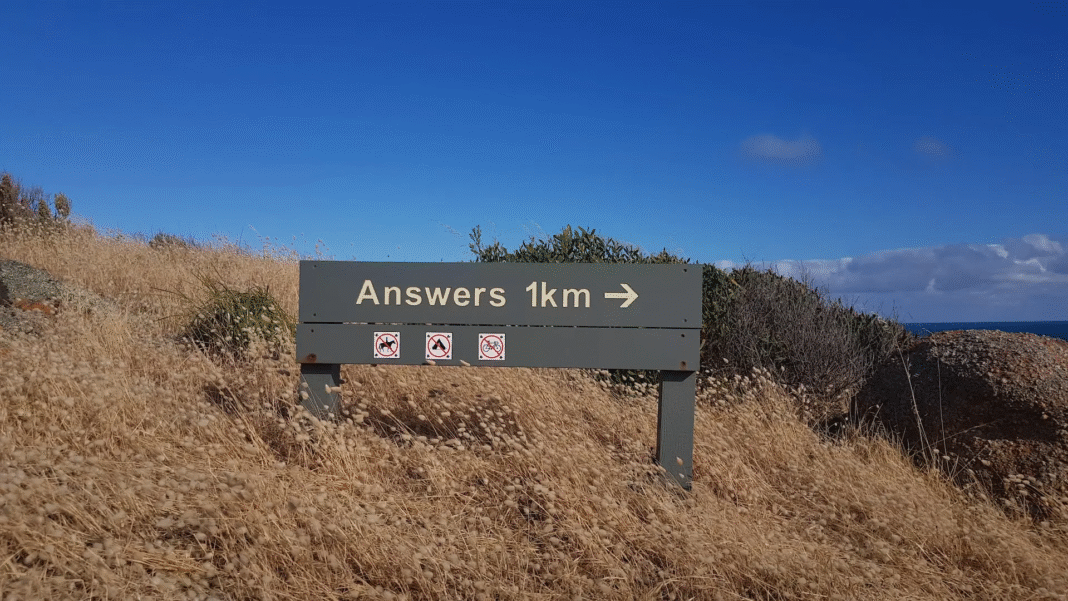Doing Less, Meaning More: A New Perspective on Productivity
We live in an age obsessed with doing more. Every corner of the internet seems to echo the same message: wake up at 5 AM, meditate, cold plunge, write 2,000 words, and crush your to-do list before lunch. There’s a never-ending stream of tips and systems, all promising to help you master your time, boost efficiency, and squeeze more into every hour.
But what if the real secret to productivity isn’t about doing more at all?
What if it’s about doing less—but with intention?
Over the past few years, especially while stepping away from the frenzy of publishing deadlines, I’ve been thinking a lot about what it means to work meaningfully. Not just efficiently. Not just productively. But meaningfully.
Here’s a different kind of productivity playbook. One that doesn’t promise to 10x your output or hack your brain—but might just help you wake up feeling more aligned with what really matters.
1. Decide Ahead of Time (So You Don’t Waste Your Energy Later)
There’s something powerful about knowing exactly what you’ll do before your day begins.
Every evening, set a simple target: the top three tasks for tomorrow. No more than three. If three feels like too much, make it two—or just one. The point is clarity, not volume.
This isn’t about syncing with your inbox or checking off calendar invites. These are the real tasks—the ones that move the needle for you, not just for everyone else.
Why does this work? Because decision-making takes energy. And your energy is limited, especially when you’re in the thick of doing. When you’re in flow, you don’t want to burn precious brainpower figuring out what’s next. Decide in advance, then let yourself focus on the doing, not the choosing.
2. Be Ruthless About Saying No
Once you know what matters, the next step is protecting it.
This is where most people stumble—not because they lack motivation, but because they haven’t learned how to guard their time. The world is full of requests: a quick meeting, a favor, an opportunity that sounds good on paper but feels off in your gut.
Here’s the truth: if it’s not aligned, it’s a distraction.
Saying no is a skill. And yes, it’s uncomfortable at first. But the more you do it, the easier it gets. You realize that very few things require your immediate attention. You see that the consequences of saying “not now” are rarely as dramatic as you fear.
Start small. Prune your calendar. Block time for creative work. Use autoresponders if you need breathing space. Create the environment where your focus can thrive—and fiercely defend it.
3. Reflect Often—And Honestly
Intentional productivity isn’t just about what you do. It’s also about what you notice.
Build in time to reflect. Not just annually or quarterly, but daily. At the end of each day, ask: Did today matter? Did I spend my time in a way that aligns with who I want to be?
This kind of self-interview can be awkward at first. But with practice, it becomes a quiet conversation with the part of you that wants more than just crossed-off checkboxes. It wants meaning. It wants growth.
And sometimes, it wants to remind you that “busy” doesn’t always equal “important.”
4. The Real Productivity Hack? Care Deeply
Here’s something you won’t hear on productivity YouTube: the best productivity system is one you don’t need to force yourself into.
When you care deeply about something, you don’t have to trick yourself into doing it. You want to show up. You want to build. You want to explore.
This is why all the systems and workflows in the world can’t save you from working on things that don’t matter. If your calendar is filled with tasks you don’t believe in, no app will fix that.
Start with what you care about. Build from there.
5. Stop Solving Overwhelm with “More”
Feeling overwhelmed is natural. But our response to it is often… to pile on even more. More tools. More habits. More structure. And soon, the solution becomes the new problem.
Here’s a counterintuitive truth: sometimes the best way to reduce overwhelm is to subtract, not add.
Strip back. Eliminate. Simplify. Instead of designing a new system, ask what you can let go of. What you can stop doing. What doesn’t need to be optimized because it doesn’t need to be done at all.
6. Rest Is Not a Reward—It’s Part of the Process
Contrary to what hustle culture teaches, rest isn’t laziness. It’s part of the creative cycle.
But rest, in this context, doesn’t just mean napping or watching Netflix. It means wandering. Exploring curiosities. Following the thread of inspiration without demanding an outcome.
Many of the world’s greatest thinkers spent only a few focused hours a day on their main work. The rest of the time? They played. They walked. They lived.
Intentional rest isn’t passive. It’s the soil where new ideas take root.
7. Ask the Hard Question: “Does This Even Matter?”
Finally, the most sobering thought of all: you can work incredibly hard—brilliantly, even—at something that’s utterly meaningless.
It’s easy to fall into the trap of optimizing a path that doesn’t lead anywhere worth going. You might be succeeding, yes. But at what?
There’s a quote I return to often: “Our greatest fear should not be failure but succeeding at things in life that don’t really matter.”
So pause. Zoom out. Ask the uncomfortable questions. And if the answer is “no,” be brave enough to change direction.
A New Path Forward
Productivity isn’t about cramming more into your days. It’s about crafting a life that reflects what you truly value.
Decide in advance. Protect your time. Reflect regularly. Care deeply. And above all, stop chasing more—chase what matters.
Because in the end, success isn’t getting everything done.
It’s getting the right things done.




